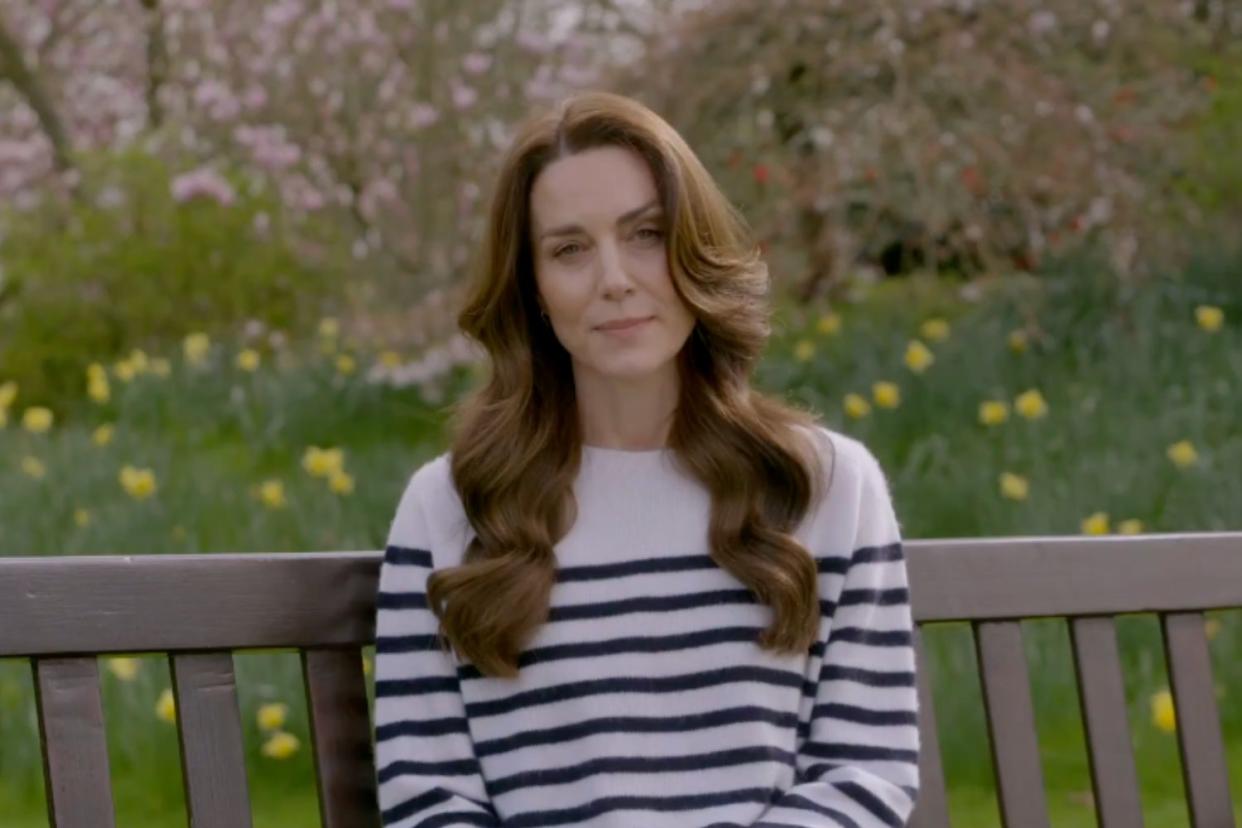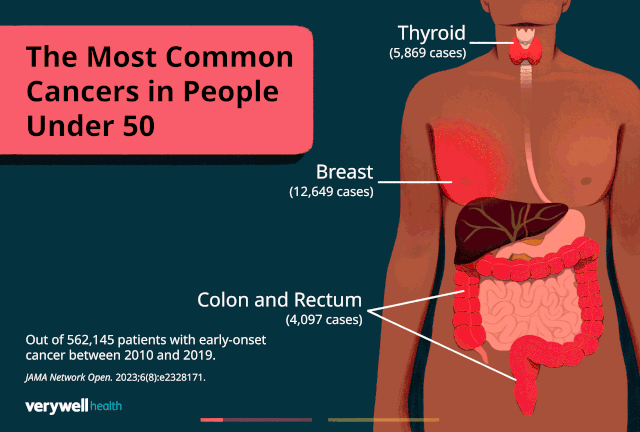What Is Preventative Chemotherapy? What Kate Middleton's Cancer Treatment Might Look Like

The Prince and Princess of Wales
Key Takeaways
Kate Middleton announced she has cancer but declined to say what kind.
In a video, Kate said she’s in the early stages of “preventative chemotherapy,” which experts say is not an official health term but may refer to adjuvant therapy.
At 42, Kate joins the ranks of adults under 50 who are experiencing an increase in cancer diagnoses.
Kate Middleton has cancer.
The Princess of Wales, 42, put rumors of her whereabouts and her condition to rest in a video on Friday. Kate has not been seen in public since Christmas.
There’s still a lot we don’t know—like what type of cancer she has. The last piece of information relayed by Kensington Palace was that the princess was undergoing a “planned abdominal surgery” in January.
“In January, I underwent major abdominal surgery in London and at the time, it was thought that my condition was non-cancerous,” Kate said in her video.
A message from Catherine, The Princess of Wales pic.twitter.com/5LQT1qGarK
— The Prince and Princess of Wales (@KensingtonRoyal) March 22, 2024
“The surgery was successful. However, tests after the operation found cancer had been present. My medical team therefore advised that I should undergo a course of preventative chemotherapy and I am now in the early stages of that treatment.”
Her description of her treatment is unclear, even to experts.
“‘Preventative’ chemotherapy is not a medical term,” Misagh Karimi, MD, a medical oncologist at City of Hope Orange County Lennar Foundation Medical Center in Irvine, California, told Verywell. “Chemotherapy can be given before or after another form of treatment.”
By preventative chemo, Kate might mean adjuvant chemotherapy, which Karimi said can be administered after surgery.
“The goal is to target and destroy cancer cells that the primary treatment didn’t destroy. This reduces the chance that the cancer will come back,” he said.
Takeaway
Colon cancer, breast cancer, and lung cancer are often treated with adjuvant therapy.
Even if Kate’s January surgery removed any tumors later found to be cancerous, chemotherapy may have been indicated to keep her cancer-free.
“Despite undergoing a successful procedure like surgery to remove a cancer, preventative treatments or adjuvant therapies may be recommended to reduce the risk of the cancer returning and increase the likelihood of cure,” Richard D. Carvajal, MD, deputy physician-in-chief and director of medical oncology at the Northwell Health Cancer Institute, told Verywell. “These treatments can include chemotherapy, immune treatments, hormone therapy, and others.”
There are also a handful of “chemoprevention” medications prescribed specifically to reduce a high-risk individual’s chances of developing cancer or experiencing cancer recurrence, though Kate doesn’t fit the intended age or sex for many of them. A few cancers can potentially be prevented this way, such as:
Breast cancer: Soltamox (tamoxifen) and Evista (raloxifene), two types of selective estrogen receptor modulator (SERM), are FDA-approved to prevent invasive breast cancer in high-risk individuals aged 35 and older and postmenopausal women, respectively. Arimidex (anastrozole) is an aromatase inhibitor often used off-label for breast cancer prevention after menopause.
Colon cancer: Nonsteroidal anti-inflammatory drugs (NSAIDs) ranging from aspirin to Celebrex (celecoxib) show promise in their ability to prevent colon cancer and reduce the risk of polyps, though evidence is inconclusive.
Prostate cancer: Finasteride and dutasteride, two drugs in a class of medications called alpha-reductase inhibitors, are being studied to reduce the risk of prostate cancer. These drugs prevent testosterone from turning into dihydrotestosterone (DHT), a hormone linked to prostate cancer when elevated.
Related: Is There Medication to Prevent Breast Cancer?
Kate’s diagnosis coincides with an alarming increase in cancer rates in young adults. Gastrointestinal cancers, specifically, are rising the fastest in adults under 50, while breast, thyroid, and colorectal cancers are the most frequently diagnosed.

Illustration by Mira Norian for Verywell Health
In its 2024 report, the American Cancer Society flagged colorectal cancer as an especially notable cancer in the under-50 crowd, in part because it’s responsible for more deaths than ever before. While the reason why it’s increasing in younger people is unclear, researchers believe a combination of lifestyle factors, such as eating processed foods, not getting quality sleep, and not exercising enough, may play a role.
Related: Is Diet to Blame for Rising Cancer Rates Among Younger People?
What’s Next for Kate Middleton?
Kate indicated she’s in the early stages of her chemotherapy treatment because her recovery from surgery delayed it. While we don’t know exactly when she began chemo, she’s likely between a month or two in.
“The time between surgery and starting treatment depends on many factors, including the kind of cancer and how well the patient recovers from the surgery,” Karimi said. “In general, it is recommended that chemotherapy begins within 30 to 90 days after surgery. For some cancers, chemotherapy after surgery is given for a total of three to six months, depending on the drugs used and stage of cancer.”
Kate requested “some time, space, and privacy” as she completes her treatment—something she has not been granted over the last few weeks. She alluded to one reason for her silence:
“It has taken us time to explain everything to George, Charlotte, and Louis in a way that is appropriate for them, and to reassure them that I am going to be OK,” she said, referring to her three young children. “As I have said to them, I am well and getting stronger every day by focusing on the things that will help me heal in my mind, body, and spirits.”
Read the original article on Verywell Health.

